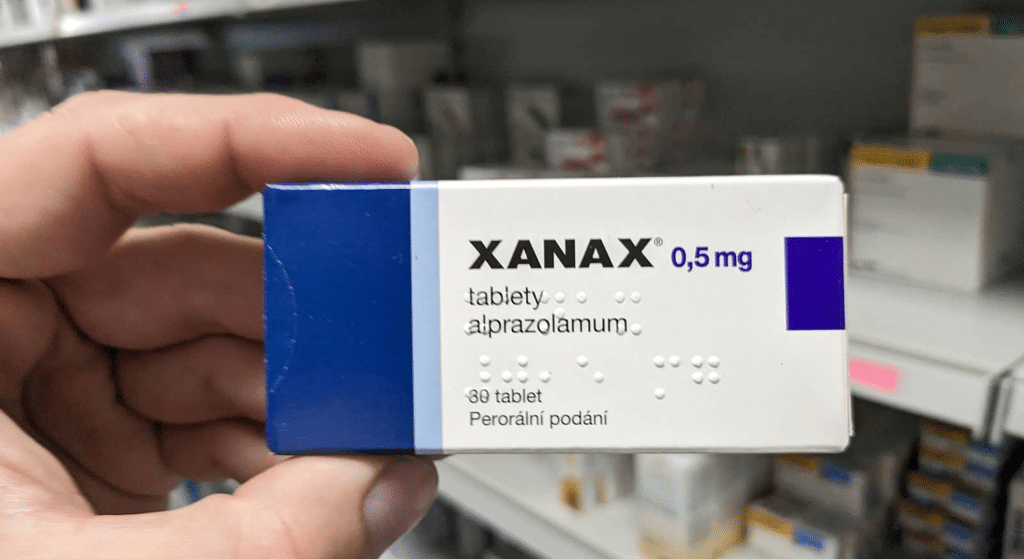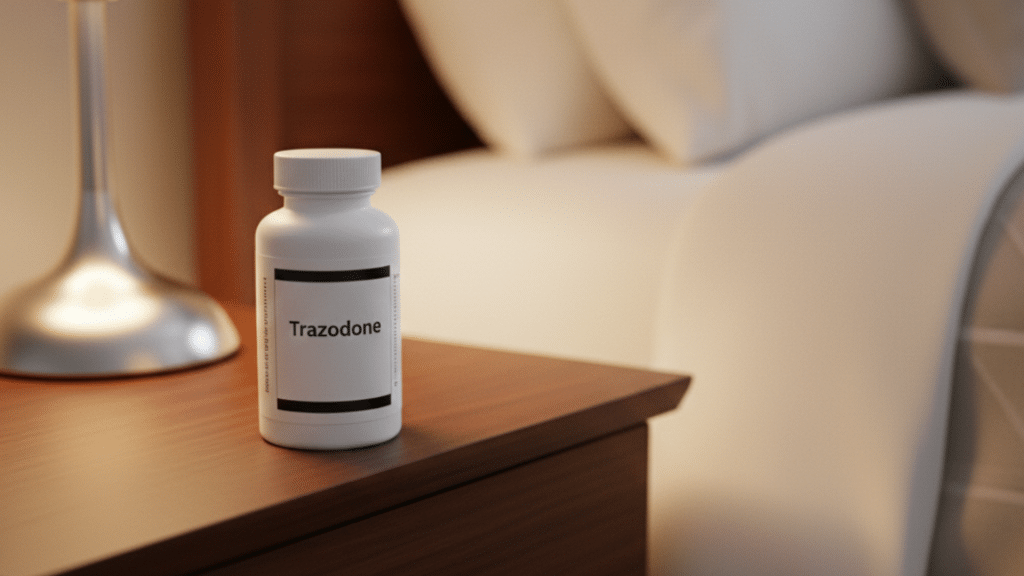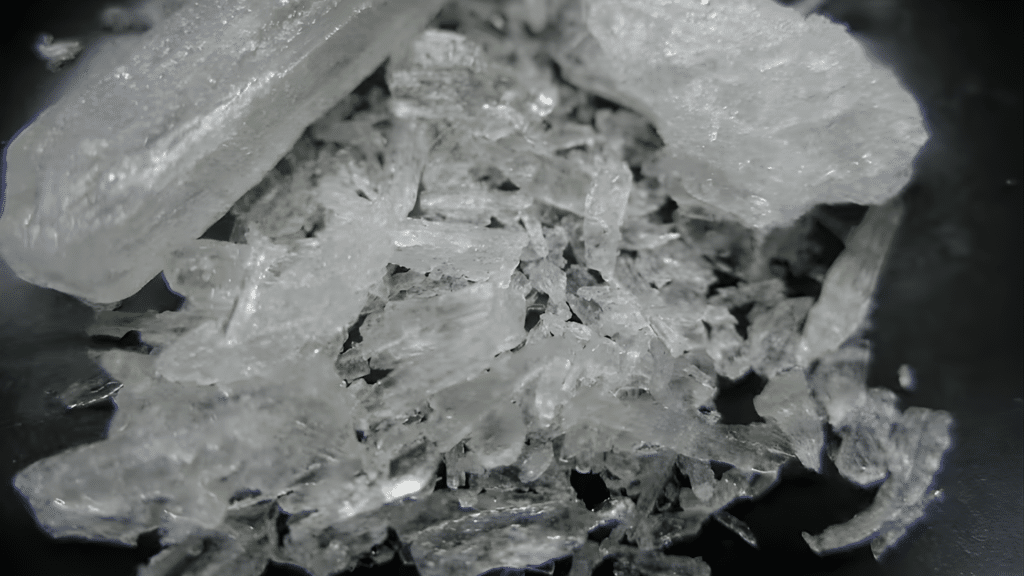I’ve come across the term coke bloat many times, and it’s something people often misunderstand.
It doesn’t have anything to do with soda; it’s actually the swelling and puffiness that can happen after using cocaine.
For some, this appears on the face, particularly around the cheeks or under the chin. For others, it’s stomach bloating and discomfort.
When I talk about coke bloat, I don’t just see it as a cosmetic issue. To me, it’s a warning sign that the body is struggling with the effects of cocaine use, and it’s worth paying attention to.
What is Cocaine Bloat?
Cocaine bloat is when someone’s belly gets really big and swollen from using cocaine. This happens because cocaine is a dangerous drug that hurts the body in many ways.
When people use cocaine, it can make their stomach and intestines stop working properly. This causes gas and fluid to build up inside, making the belly look puffy and feel uncomfortable.
This is different from normal bloating that happens when you eat too much or have gas from food. Regular bloating usually goes away quickly and isn’t dangerous.
But cocaine bloat is much more serious because it comes from a harmful drug that damages the body. It can last longer and cause other health problems, too. This is one of many reasons why cocaine is so dangerous.
Causes of Cocaine Bloat
Cocaine hurts your body in many ways, causing bloating. First, it messes up how your stomach and intestines work. Your digestive system slows down, causing food to sit in your belly longer and create gas.
This makes you feel puffy and uncomfortable.
Cocaine also changes how your body uses food for energy. It can make you not want to eat, but then your body gets confused about processing food. The drug also makes you lose water, which throws off your body’s balance.
Another big problem is that cocaine kills the good bacteria in your gut.
These helpful bacteria normally help digest food. Without them, your stomach gets inflamed and swollen. All these things together create the painful bloating that cocaine users experience.
Is Coke Bloat Dangerous?

Coke bloat may look like a minor issue on the surface, but it can reveal serious risks linked to cocaine use and overall health.
- Short-Term Effects: Usually shows up as puffiness or stomach swelling that causes discomfort, lowers confidence, and creates temporary cosmetic concerns.
- Organ Stress: Ongoing cocaine use can strain the liver, kidneys, and heart, making coke bloat a possible warning sign of deeper issues.
- Addiction Warning: Coke bloat is often a visible red flag of cocaine addiction, signaling that the body is under constant stress.
While coke bloat itself isn’t deadly, it often points to serious long-term health risks and highlights the urgent need for professional addiction treatment.
Facial Bloat vs. Abdominal Bloat
Coke bloat doesn’t look the same for everyone. Some people notice it mostly in their face, while others feel it in their stomach.
Facial bloat usually shows up as puffiness in the cheeks, swelling under the eyes, or fullness under the chin.
It happens because cocaine affects blood vessels, hydration levels, and inflammation, which can make the face look swollen or tired.
Abdominal bloat is different. It involves stomach swelling, discomfort, and a feeling of tightness or distension. This can be caused by digestive issues, slowed gut movement, or water retention linked to cocaine use.
The differences depend on how a person’s body reacts, but both forms are common signs of ongoing stress from cocaine.
Can Coke Bloat Go Away?
Coke bloat isn’t permanent. With the right steps and proper treatment, swelling can improve, and long-term recovery is absolutely possible.
- Hydration: Drinking enough water helps reduce puffiness, balance fluids, and support your body’s natural healing after cocaine use.
- Reducing Alcohol: Cutting back on alcohol eases stress on the liver and kidneys, which lowers bloating and helps the body recover faster.
- Healthy Diet: Eating nutritious, balanced meals supports digestion, reduces inflammation, and gives your body what it needs to heal effectively.
- Quitting Cocaine: Long-term relief only comes from stopping cocaine use, allowing the body to repair itself and gradually reduce bloating.
With consistent care and the right support, coke bloat often fades, showing how powerful recovery can be for both health and self-confidence.
Treatment Options for Addiction
Overcoming coke bloat means addressing cocaine use directly. Recovery is possible with the right mix of medical support, therapy, and community-based resources.
- Detox Programs: Supervised detox helps the body safely clear cocaine, reduces withdrawal risks, and prepares individuals for the next stage of recovery.
- Therapy & Counseling: One-on-one or group therapy sessions help address underlying triggers, teach coping skills, and build healthier thought patterns for lasting change.
- Inpatient & Outpatient Rehab: Structured rehab programs offer medical support, therapy, and education, tailored to different lifestyles and levels of addiction severity.
- Support Groups: Programs likeNA or SMART Recovery provide encouragement, accountability, and shared experiences that make recovery feel less isolating.
By combining medical care, therapy, and community support, treatment offers the best chance for long-term recovery and freedom from the cycle of cocaine addiction.
At the End
When I think about coke bloat, I see it as more than just swelling in the face or stomach. To me, it’s a warning sign that the body is overwhelmed by cocaine use.
The good news is that coke bloat usually goes away once someone stops using and starts taking care of their health.
Recovery isn’t always easy, but I believe it’s possible with the right support, treatment programs, and healthier daily habits.
If you’ve noticed coke bloat in yourself or someone you care about, see it as a chance to take action and move toward lasting recovery.
Frequently Asked Questions
What Drugs Make Your Face Puffy?
Several drugs, including cocaine, alcohol, steroids, and certain antidepressants, can cause swelling in the face. Cocaine-related bloating is often most visible in the cheeks, jawline, and under the eyes.
How Long Does Coke Bloat Last?
For some, swelling may reduce within days after stopping cocaine and rehydrating. But for long-term users, it can take weeks to months for puffiness and digestive issues to fade, especially if the body is still healing from organ stress.









